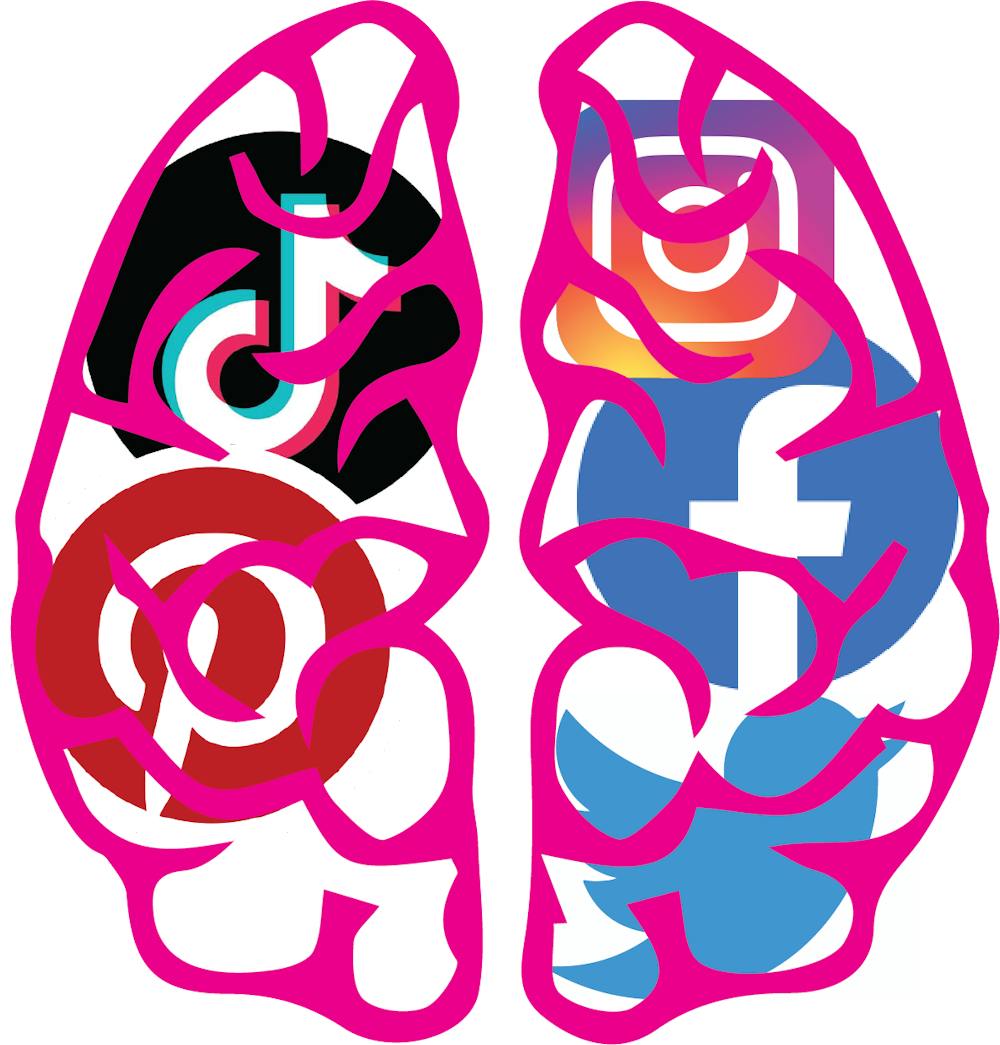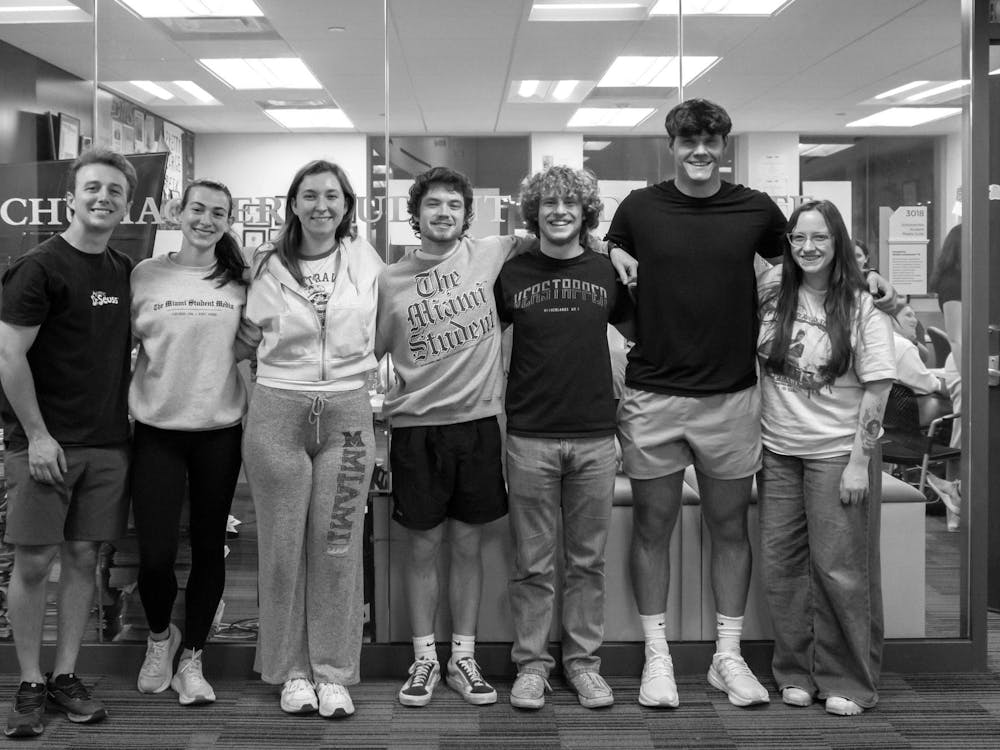“Do you have ‘legging legs?’” “Are you ‘deer-pretty,’ ‘bunny-pretty,’ ‘fox-pretty’ or ‘cat-pretty?’” “How to get the perfect beach body in time for summer!”
You open Instagram only for your feed to be filled with edited photos. Scrolling through TikTok isn’t any better, where your feed is flooded with videos of girls using filters that extremely alter their facial features. Trying to find face filters that don’t alter your appearance is like trying to find a needle in a haystack.
Social media platforms promoting unrealistic beauty standards are not unheard of. But today’s social media environment has taken it a step further with harmful terminology and beauty filters that subtly alter your appearance.
A term that has recently appeared on social media is “legging legs,” which is the idea that leggings only look good on people who have a gap between their thighs, and not people who have “hotdog legs.”
Contrary to social media, you are not required to look a certain way to wear a specific piece of clothing. I am allowed to adorn my legs, made of bone, muscle and fat, with whatever I choose.
Moreover, apps like TikTok and Snapchat have face-altering technology, which can come in the form of either a “retouch” option that blurs face imperfections or face filters that completely change the shape of your facial features.
Overusing these features can distort your perception of what you look like. We already know that the way we look on our phones and in our mirrors is different than how we actually look. That same disconnect between our perception and reality applies here, especially when these face-altering features are automatically applied.
There have been multiple instances where I’ve started to film a TikTok and thought to myself “My skin looks really good today!” only to realize a filter had been automatically applied.
This can cause a negative reaction to seeing how you really look, creating feelings of dissatisfaction with your appearance and a desire to alter it to match how you look on the screen.
Most of us probably didn’t think about skincare routines until late middle school. But recently, young girls have begun using skincare and anti-aging products with harsh chemicals not suitable for their skin at their age. The side effects have included itchy and infected face rashes.
The cause for this recent behavior can be attributed to videos on social media by young creators about their multi step skincare routines. These videos promote the idea that it's normal to be worrying about skincare and aging at a young age. Certain companies, such as Drunk Elephant and Glow Recipe, may be catering to a younger audience with their brightly colored packaging.
Social media can already be draining for our mental health, and these beauty standards can make us feel even worse about ourselves. It is difficult to avoid content promoting these unrealistic expectations, but it's crucial we try to.
Enjoy what you're reading?
Signup for our newsletter
There are thousands of other things you can do besides watching a video on TikTok about the newest anti-aging product or the latest body trend. Make an effort to appreciate your appearance for what it is and not what it “should be.”
Taylor Powers is a first-year double majoring in journalism as well as media and communication from Trenton, Ohio. She is a staff writer for The Student and an assistant editor for The Miami Student Magazine.




